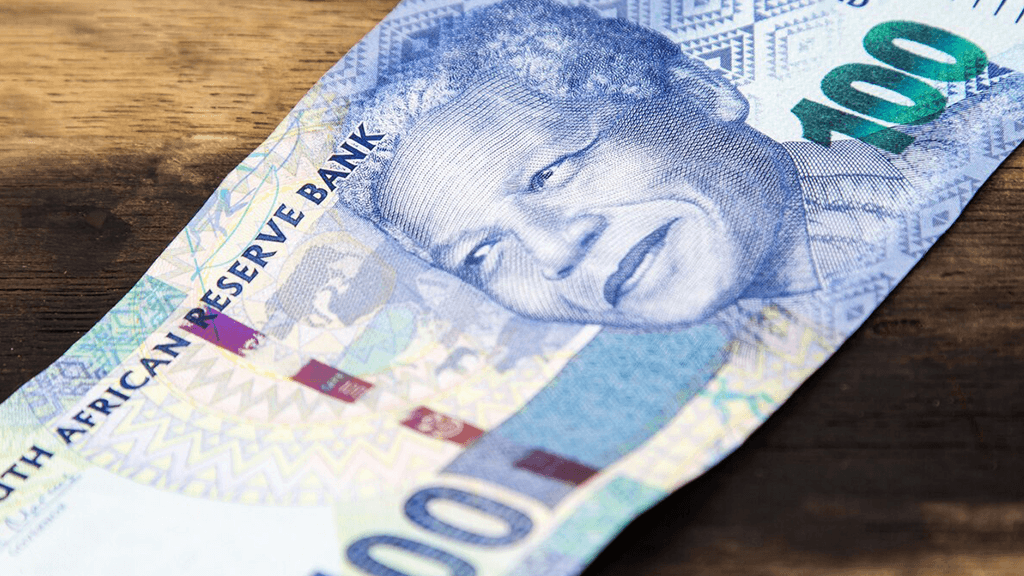Rand Weakens Amid Fed Meeting's Outcome as a Major Risk

July 27, 2023: The South African rand experienced a decline in its value on Wednesday, losing its earlier gains due to the impact of robust U.S. economic data that bolstered the dollar. At 1510 GMT, the rand traded at 17.6875 against the dollar, marking a 0.4% weakening compared to its previous close, despite having risen by as much as 1.1% earlier in the day.
Analysts highlighted the significant influence of the U.S. Federal Reserve’s policy meeting outcome, expressing concerns that it might expose the rand to further losses. The cautious market sentiment surrounding the Fed rate decision prompted a decline in the rand’s value.
Following recent gains, some experts warned that the rand had possibly reached overextended levels. The uncertainty surrounding the Fed’s interest rate announcement contributed to the prevailing “event risk” scenario, where a sharp depreciation of the rand was considered possible.
The U.S. data indicated stronger-than-expected economic growth in the second quarter and an unexpected increase in new orders for critical U.S.-manufactured capital goods in June. These positive indicators for the U.S. economy influenced the dollar’s performance, impacting the rand’s value.
The rand’s performance in July was initially driven by factors such as dollar weakness in the early part of the month, Chinese policymakers’ commitment to supporting their economy, and foreign investments in South African government bonds. These factors led to a gain of over 6% for the rand against the dollar.
Economists attributed the foreign bond-buying to a decline in South African inflation and the Reserve Bank’s recent decision to maintain its primary interest rate. This showcased the influence of a credible central bank on the currency’s performance.
As the Fed’s interest rate decision loomed, investors closely monitored the outcome for hints of a potential hike, which could impact the dollar’s strength and leave emerging market currencies, including the rand, vulnerable to fluctuations.
Despite the decline in the rand, the Johannesburg Stock Exchange’s blue-chip Top-40 index closed with modest gains, reflecting mixed sentiments in the market.
For South Africa’s benchmark 2030 government bond, the yield decreased by four basis points to 10.215%, reinforcing the currency’s response to external factors.


















































